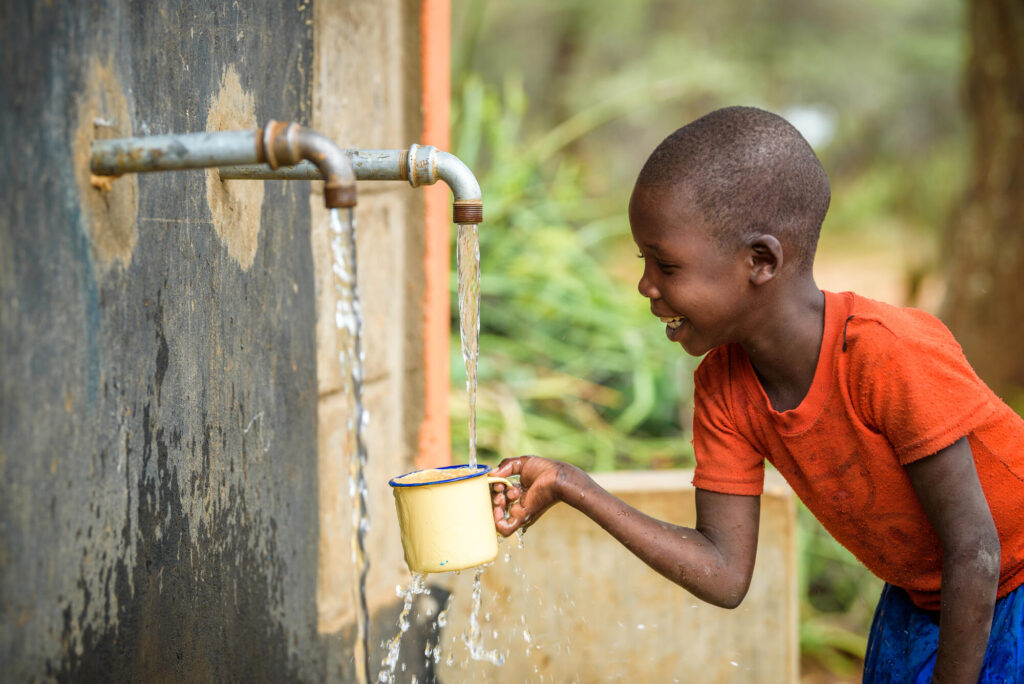
In the vast expanse of Africa, the promise of modernity often bypasses the remote rural communities, where the provision of basic necessities like clean water and sanitation remains a distant dream. Despite strides in development, insufficient investment in water infrastructure is still a formidable barrier to progress, perpetuating a cycle of health challenges and economic stagnation.
Infrastructure investment encompasses countless vital components, from transportation networks to water treatment facilities. However, it’s the latter that holds profound significance for the well-being of communities. A robust water infrastructure not only ensures access to clean and safe water but also underpins the foundation for improved livelihoods.
Yet, the stark reality is that the delivery of water infrastructure across Africa falls significantly short of meeting the continent’s increasing water needs. The consequences of this shortfall are keenly felt in rural and underserved areas, where communities grapple with numerous challenges stemming from limited access to clean water and sanitation services.
Top among these challenges is the exacerbation of health differences. In rural areas plagued by inadequate water infrastructure, the absence of basic water supply and sanitation facilities compounds existing health inequalities. With fewer health facilities available in these regions, the toll on public health is profound.
Then there is the financial burden of addressing water infrastructure concerns in rural areas which looms large. Communities, already grappling with limited resources, face formidable challenges in maintaining and upgrading their existing systems. The cost implications of neglecting infrastructure investment echo in the form of compromised health outcomes and diminished economic prospects.
The repercussions of inadequate water infrastructure extend beyond mere inconvenience; they pose a direct threat to public health. Aging systems, characterized by rusted and deteriorating pipes, compromise water quality, exposing residents to contaminants. In such environments, adherence to water quality standards becomes a luxury, leading to widespread violations and heightened health risks.
The consequences of inadequate water infrastructure are not confined to physical health alone; they also precipitate social and economic upheaval. As communities deal with the specter of waterborne diseases like cholera and dysentery, the fabric of society unravels. Forced migration to areas with better water and sanitation services precipitates a decline in population, exacerbating the cycle of poverty and deprivation.
Amidst these challenges, the imperative for investment in rural water infrastructure becomes increasingly clear. Access to clean water and improved sanitation services is not merely a matter of convenience but a fundamental human right. By bolstering water infrastructure, we not only safeguard public health but also lay the groundwork for sustainable development and inclusive growth.
After all is said and done, the urgency of addressing the inadequacies in rural water infrastructure cannot be overstated. By investing in this vital sector, we pave the way for a future where every African community has access to clean water and sanitation, fostering health, prosperity, and dignity for all. It’s time to bridge the gap and ensure that no one is left behind in the march towards progress and development.


